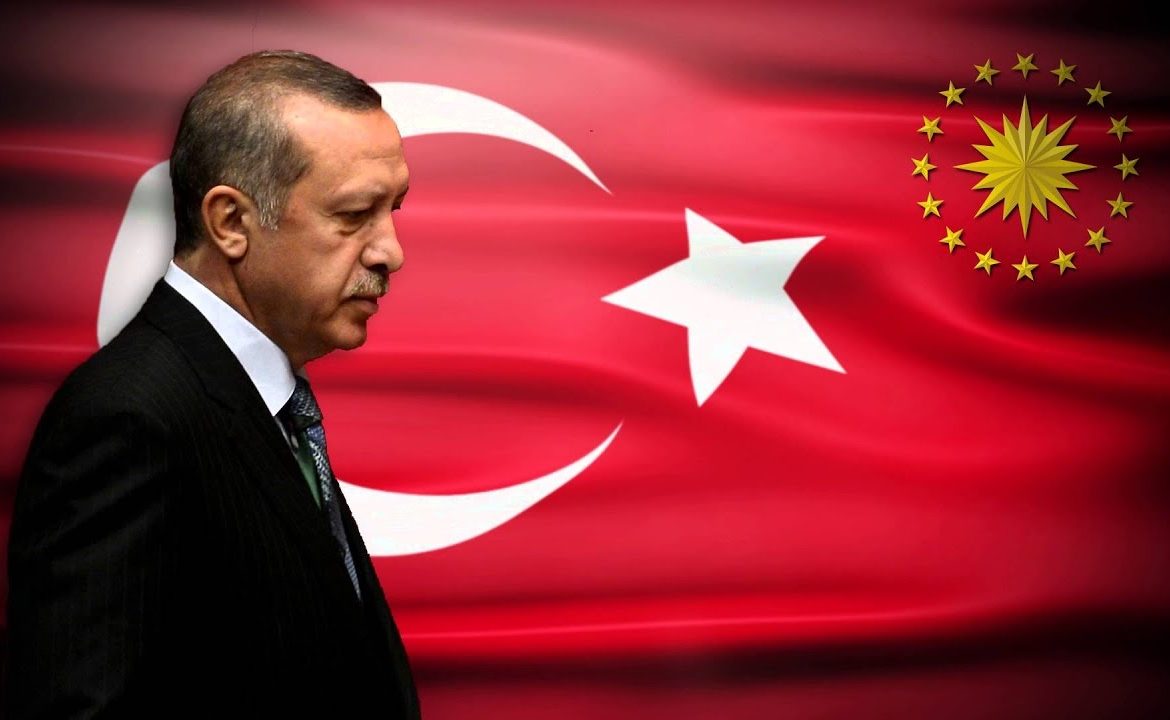This material belongs to: Financial Times.
Audit highlights Ankara’s ‘lack of will’ for reform as tension with Brussels simmers.
Billions of euros of EU spending on Turkey has largely failed to cut corruption, strengthen the judiciary and create greater political freedom, according to an official report that lays bare tension between Brussels and Ankara.
The decade-old effort to improve Turkey’s governance and prepare it to join the EU has “barely addressed” many “fundamental needs”, thanks to “lack of political will” in Ankara, said research by the EU’s independent external auditor published on Wednesday.
The critical report highlights the deterioration in relations between EU states and Turkey under President Recep Tayyip Erdogan, with accession talks that started back in 2005 now in effect frozen.
One Turkish official hit back at the findings, branding the EU hypocritical for threatening to cut pre-accession funding because of the alleged rights violations under the leadership of Mr Erdogan.
“Turkish institutions are and have always been willing to work with the EU on rule of law and fundamental rights in order to continue the reform process,” the official told the Financial Times. “It is a big contradiction from the EU to criticise Turkey on these fields and at the same time cut funds which are supposed to bring Turkey closer to the EU.”
The report by the Luxembourg-based European Court of Auditors says more than €9bn of EU pre-accession funding allocated to Turkey between 2007 and 2020 was “well designed” but has had only a “limited effect” in the absence of “critical reforms” in Turkey.
It says big problems remain in priority areas allocated €3.8bn of funds, including press freedom, the prevention of conflicts of interest, and the reinforcement of external audit and civil society.
In other areas where there has been more progress, notably customs, employment and taxation, results may be in jeopardy because of “difficulties in spending the funds and backsliding on reforms”, the EU auditors add.
The auditors argue that EU officials missed the opportunity to use the money — and the threat of cutting it off — to put pressure on Turkey to stay on the right track.
That criticism will resonate with many in Turkey’s opposition who feel that the EU failed to use its leverage over Ankara in the years before relations broke down, although they are likely to take issue with the report’s claim that the backsliding on democracy began in 2013. Critics of the EU’s Turkey policy say that it not only failed to stand up to growing authoritarianism but unwittingly aided the process.
The report paints a picture of the pressure across the Turkish state and civil society in the wake of the violent attempted coup d’état of July 2016, which both the Turkish government and the opposition blame on followers of Fethullah Gulen, the exiled Turkish cleric.
Civil society organisations told the authors that they had been hampered by the political climate in Turkey, with limitations on both their ability to speak freely and their capacity to operate. They complained of being no longer able to influence government policy because “Turkish civil servants were afraid to deal with them” and “national funds were targeted towards organisations supportive of the government”.
The auditors warn that “excessive” staff turnover in key ministries and institutions has contributed to backlogs in implementing EU-funded programmes and poor monitoring.
About 110,000 public sector workers have been dismissed from their posts since the putsch, and 48,000 people remain behind bars. The Turkish government argues that the purge was essential to rid the state of followers of Mr Gulen.
Turkey’s relationship with the EU was has come under heavy strain in recent years amid concern for the rule of law and human rights. Tension was exacerbated by the response of EU leaders to the 2016 coup attempt and the vast crackdown that followed.
But Turkey’s importance as a partner on security, trade and refugees meant that EU leaders stopped short of formally terminating its ‘s ailing bid to join the 28-member union.


